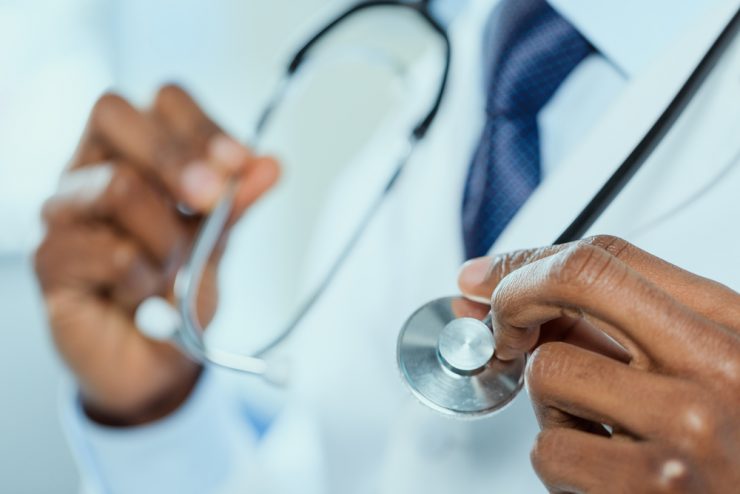When supply of blood to brain is disturbed a stroke occurs which is a severe medical condition. Similar to other organs of the body, the brain also needs nutrients and oxygen supplied by blood for proper functioning, if this is stopped or restricted, it results in death of brain cells leading to damage of brain and also death. Strokes require prompt treatment as immediate treatment can cause less damage.
Types of stroke
The two causes of strokes
Ischaemic: supply of blood is stopped because of blood clot.
Haemorrhagic: weak blood vessel that supplies the brain bursts, causing damage to the brain
Transient ischaemic attack (TIA) is a similar condition wherein the blood supply is interrupted temporarily resulting in a ‘mini stroke’. This requires serious treatment as it can be a sign of severe stroke coming in the future.
Who’s at risk from stroke
One of the major health problems in England are strokes. About 111000 people have at least one stroke each year. This affects people at any age, but people above the age 65 years are more prone to it. People with origin from Afro-Caribbean have high risk of stroke; because of a genetic predisposition they develop heart disease and diabetes.
Excessive drinking alcohol, poor diet, obesity and smoking are few conditions which cause strokes. Also hypertension or diabetes which affects blood circulation increases chances for having a stroke.
Strokes can be treated and prevented
Prevention and treatment for stroke are very successful. Controlling drinking habits, no smoking, and health diet, regular exercising will reduce the chances of stroke. With a combination of medicines and surgery strokes can treated. However people require long time to recover and some do not recover completely.
Symptoms
In case you suspect a stroke to occur to someone or even to you, immediate medical care will be required by calling for ambulance by calling the number 999.
In case the stroke symptoms disappear till the time you wait for an ambulance, you still need to go ahead for an assessment as there can be a chance for a full stroke.
After the initial checkups, you shall be admitted in the hospital so that detailed assessments for a specialist treatment are carried out.
Recognizing the symptoms of a stroke
Stroke symptoms differ from one person to another. Since various parts of the brain control various other part in the body, the symptoms shall depend on the part of the brain that is affected and also till what extent the damage is done.
Stroke symptoms usually come suddenly, and include:
- Weakness or numbness down on one side, ranging from severity to paralysis to a side of the body.
- Weakness in face, which makes you drool some saliva,
- Dizziness,
- Communication problems – difficulty in talking and understanding
- Problems with coordination and balance,
- Difficulty swallowing,
- Severe headaches,
- Unconsciousness (in some cases).
- Recognising a stroke in other people
- The major problem faced by maximum people that are affected by strokes is that it can cause communication problem. Hence they are not able to tell others or notify anyone that something is wrong with them. You need always be aware of stroke symptoms especially if you or any dear one comes in the high risk category like a person with blood pressure, diabetes or an elderly person.












